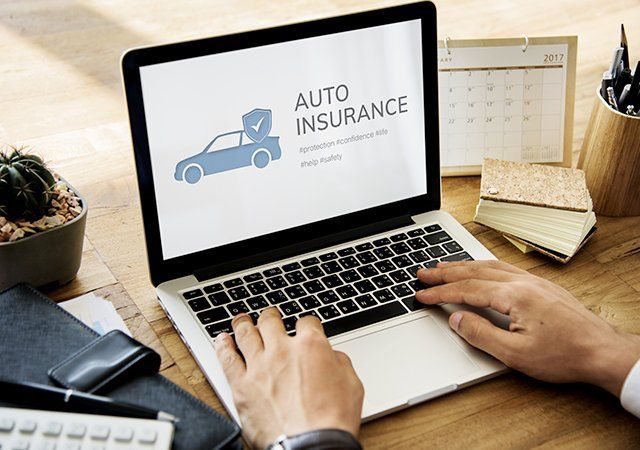Coronavirus in New Jersey means millions of people are at home, either working at home, shut out of their jobs, or caring for the kids.
That means fewer commuters are in cars and buses to get to work. Virtual learning means no school buses.
Roads aren’t empty, but there is not a lot of traffic.
There may be a major drop in accidents.
So while drivers’ cars sit in their driveways, should car insurance companies lower premiums and give some financial relief to families struggling because of coronavirus?
Consumer groups say yes.
“Without a return of premium to the millions of Americans who are sheltering in place or have otherwise significantly reduced their driving, consumers will be paying unreasonable and excessive premiums based on outdated estimates of miles driven,” The Consumer Federation of America (CFA) and the Center for Economic Justice (CEJ) said in a letter to the nation’s state insurance commissioners.
The groups are asking the insurance commissioners to direct insurers to lower premiums as the coronavirus crisis plays out.
When car insurance companies set premiums, the number of miles driven is part of the calculation. So if people aren’t driving as much anymore, they’re paying too much, the groups said.
“The likelihood of a motor vehicle accident drops radically when the number of cars on the road drops radically,” said J. Robert Hunter, Director of Insurance for CFA. “Consumers who paid auto insurance premiums based on driving an estimated 1,000 miles a month but who are now driving 200 miles a month because they are forced to work at home or their business has closed should get relief from their auto insurers.”
Will consumers see lower car insurance premiums?
It’s too soon to tell as federal and state governments work on multiple relief packages.
The state insurance commissioners — collectively known as the National Association of Insurance Commissioners (NAIC) — said state regulators “welcome the input of all stakeholders on emerging issues that should be addressed once we have moved past this initial critical phase of the outbreak,” noting the health and safety of consumers is the group’s most important consideration.
New Jersey’s Division of Banking and Insurance (DOBI) didn’t respond to a request for comment.
Neither did Allstate, Liberty Mutual, or NJM.
State Farm and Farmers Insurance didn’t comment but said we should contact the Insurance Information Institute (III), an industry group that’s funded by insurance companies and works with consumer education but does not lobby for insurers.
III spokesman Michael Barry said the insurers will listen to whatever the state insurance regulators instruct them to do.
“However, it’s way too early in this crisis to start qualifying whatever drop in miles drivers we will see nationwide,” Barry said.
Plus, he said, miles driven is one of the dozens of factors that go into the pricing of auto insurance.
“Just because the mileage goes down, it doesn’t mean other risks automatically go away,” Barry said.
He said some consumers already have mileage discounts, using so-called telematics products that plug into a car and monitor speeding, shortstops, and other driver actions. Drivers deemed to have good habits are eligible for discounts with some insurers.
“It’s just way too soon to know what this will mean,” Barry said.
Progressive asked the American Property Casualty Insurance Association (APCIA) to respond on its behalf.
Robert Hartwig, a technical advisor to APCIA, said auto insurance rates are established using multiple years’ worth of data so they adjust gradually, in both an upward and downward direction.
“To the extent that there is a sustained decline in auto claim frequency, rates will be adjusted accordingly,” Hartwig said.
He said during the financial crisis and slow recovery afterward, rates fell or were flat in most states over a span of years. Personal auto insurers premiums written across all 50 states actually declined from $160.5 billion in 2006 to $157.2 billion in 2009 and did not exceed pre-crisis levels until 2011, he said.

